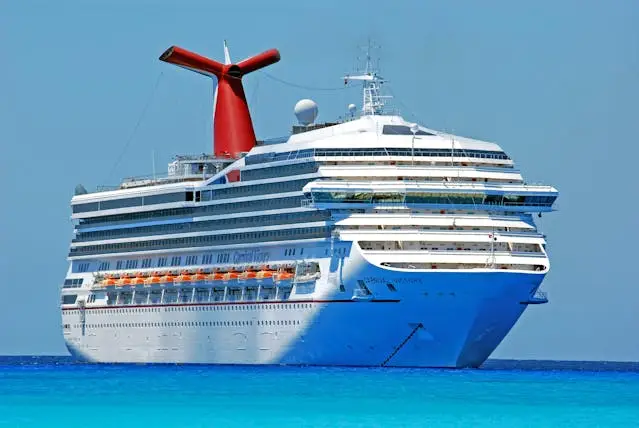The Mexican government has decided to postpone the introduction of the proposed cruise tax until July 2025. This decision comes in the wake of widespread backlash from cruise associations, which expressed concerns that the new levy could potentially harm the lucrative port industry. The tax, initially set to be imposed from the start of 2023, was designed to generate additional revenue for the government from the thriving cruise passenger sector.
However, industry insiders argue that the additional cost could deter tourists and negatively impact the economic activity generated by the cruise industry. The decision to delay the tax implementation was announced by the Mexican Finance Ministry, marking a significant victory for cruise associations who had been actively campaigning against the levy.
Understanding the Controversy
The proposed tax had been a subject of controversy since its inception. Aimed at cruise passengers, the fee was seen as a way for the Mexican government to capitalize on the booming cruise industry which contributes significantly to the country’s tourism revenue. In 2019 alone, the sector welcomed over 9 million cruise passengers generating an estimated $480 million in direct expenditure.
Despite these impressive figures, the proposal was met with stern opposition from industry stakeholders who argued that the tax could potentially discourage cruise tourism. They fear that an extra fee on top of the already significant expenditure of cruise travel could make Mexico a less attractive destination compared to other cruise-friendly locations.
Response from the Cruise Industry
The decision to delay the cruise tax has been met with relief from industry representatives. Cruise Lines International Association (CLIA), one of the leading voices in the campaign against the tax, welcomed the decision, stating that it would help ensure the continued growth and success of the cruise industry in Mexico.
“We are pleased with the government’s decision to postpone the tax. It shows that they are listening to our concerns and are willing to work with us to ensure that the cruise industry continues to thrive,” said Adam Goldstein, CLIA Global Chair. He further added, “This decision will help keep Mexico competitive as a top global cruise destination.”
Other industry stakeholders have also echoed similar sentiments, expressing their gratitude for the government’s decision and the impact it would have on the industry.
Future Implications
While this decision is seen as a win for the cruise industry, it also raises questions about how Mexico will generate additional revenue to fund infrastructure and services. The tax was expected to bring in an estimated $44 million annually, which would have been used to improve port facilities and services.
However, industry experts believe that the decision will ultimately benefit the Mexican economy. They argue that keeping cruise tourism attractive will ensure a steady flow of tourists, which in turn will generate more spending and stimulate economic activity. As such, the potential short-term loss in tax revenue could be offset by the long-term benefits of a thriving cruise industry.
The Mexican government, on the other hand, has reassured that despite the delay, it remains committed to improving the country’s infrastructure and services to enhance the overall tourist experience. It is currently exploring other avenues to generate the necessary funds.
In conclusion, while the decision to postpone the tax has been a cause for celebration for the cruise industry, it will be interesting to see how Mexico navigates this situation to balance its need for revenue generation and maintaining its appeal as a popular cruise destination.















